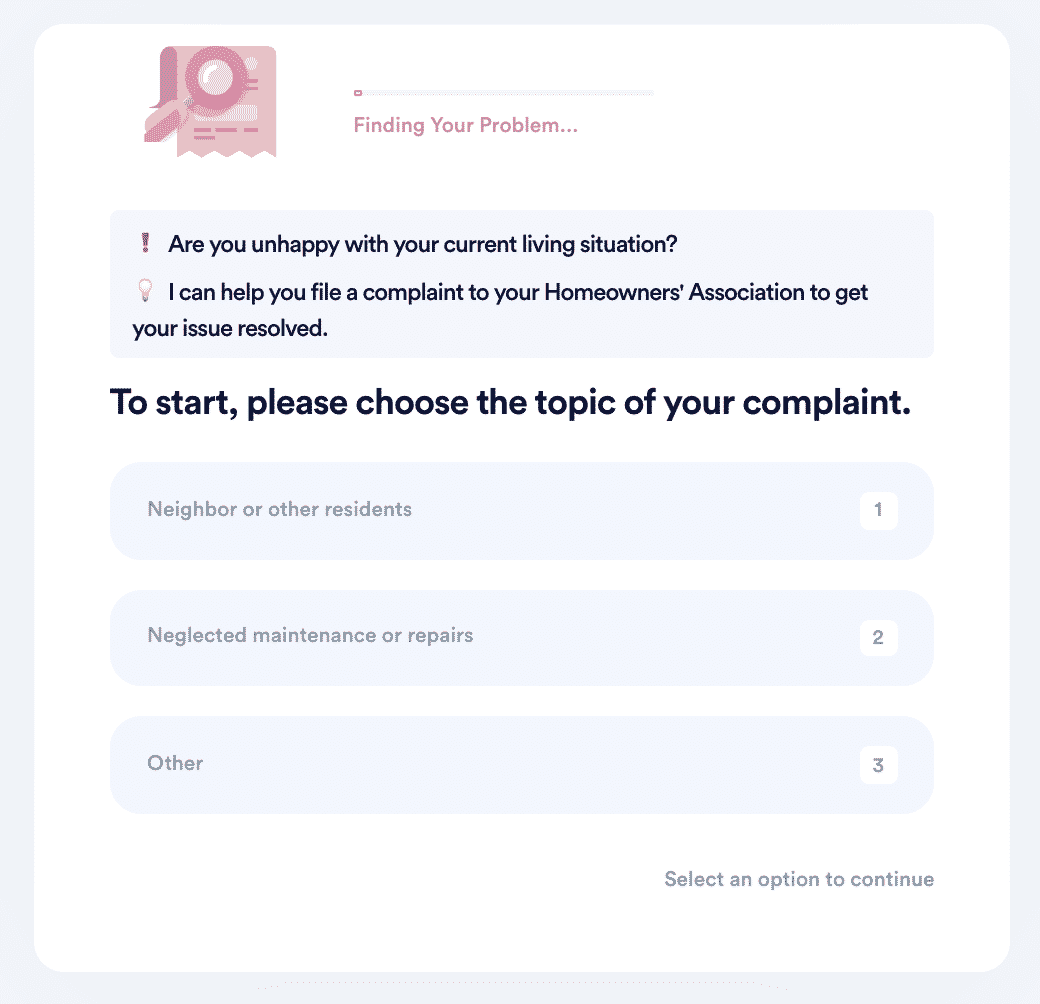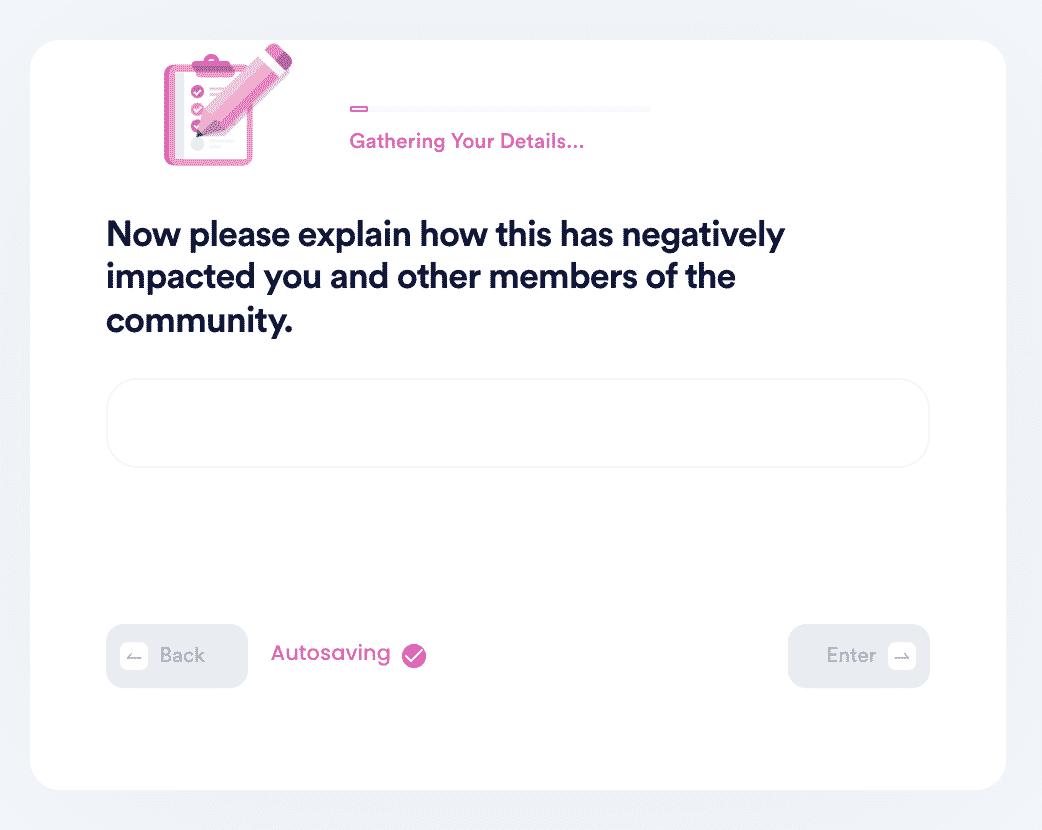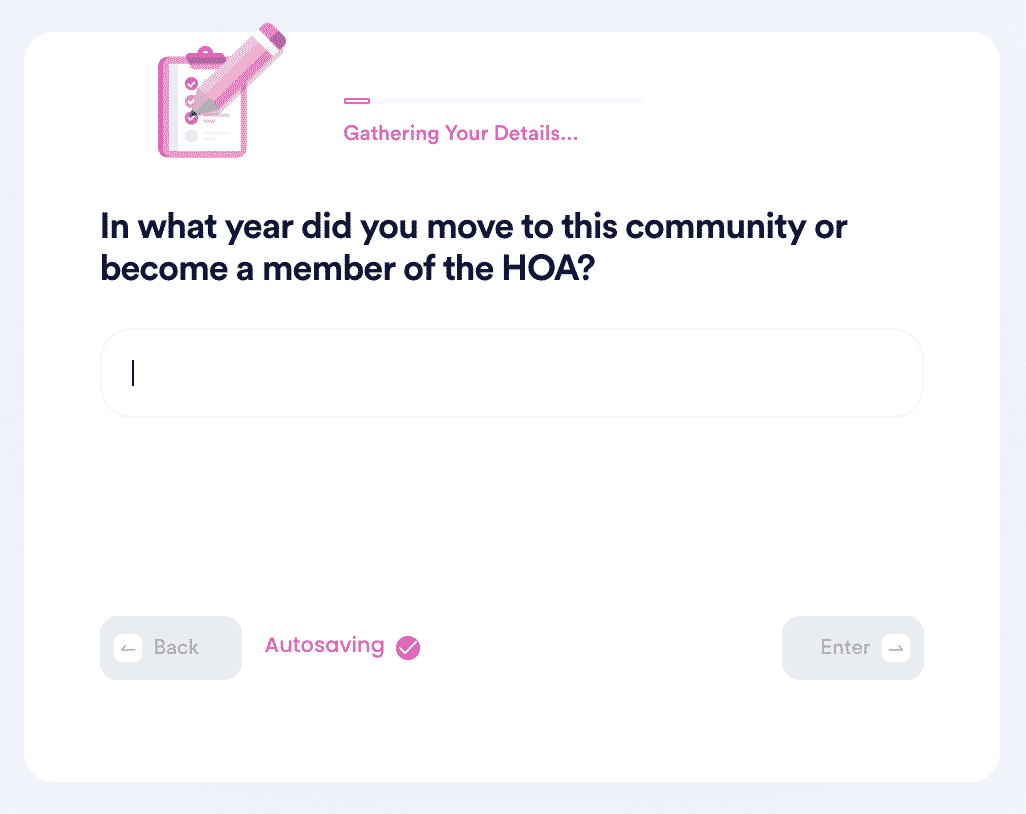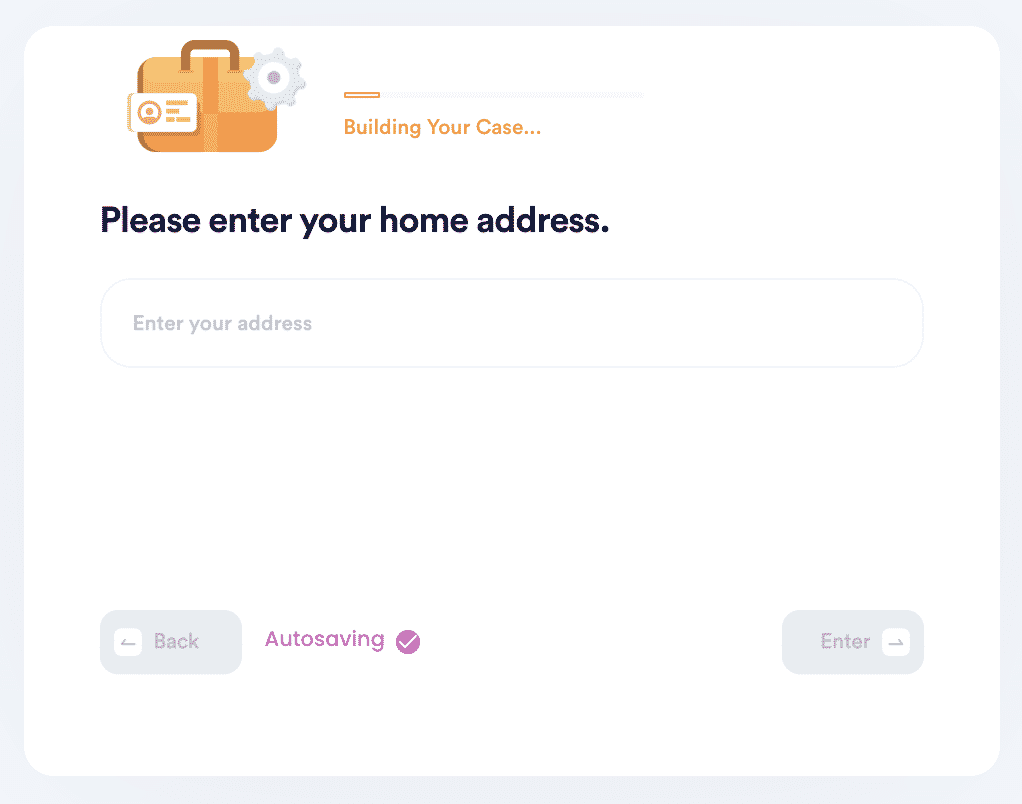Who Should You Report HOA Sunshine Law Violations To?
HOA Violations range from ordinary loud music to landscaping, and everything in between, including HOA meeting attendance. An HOA Sunshine Law violation—though rare—is a clear indication of the need to respect homeowners' associations and the longstanding principles of inclusivity and togetherness.
Generally, Sunshine Law violations are non-criminal infractions that typically attract fines of up to $500. However, HOA rules and regulation violations are less severe and can attract lesser fines, especially since homeowners' associations are legally within their rights to impose fines.
In case of one, ? Check out this guide explaining HOA Sunshine law and how to report a possible violation.
What Is a Sunshine Law?
Sunshine Law is a law that provides that discussions or meetings between two or more public board members on an issue that will foreseeably come before the board for dire action must be open to the public. In a nutshell, Sunshine Laws only apply to local or state governmental organizations.
However, statutes applicable to homeowners' associations contain their separate "Sunshine Law" requirements. Therefore, in HOAs, the term 'Sunshine Law' is often used as a shorthand phrase, not as a definition.
HOA Sunshine Laws
Florida HOAs are private membership organizations and not public or governmental entities. Therefore, general public members don't have a right to attend HOA's membership or board meetings. The rights to attend board room meetings—provided for in the Open Meeting Act—are reserved for the HOA's members, unless the HOA's governing documents stipulate otherwise.
An exception to this is recognized for meetings between a board and its lawyers to discuss pending/proposed litigation, where the discussion's content would otherwise be governed by attorney-client privileges.
These HOA sunshine laws typically include:
- A quorum must be present
- According to Section 720.303(2)(c), Florida Statutes, which is applicable to homeowners associations, notices of all board meetings must be posted in a conspicuous area in the community, at least 48 hours before a meeting unless there is an emergency.
- HOA members have the right to attend board meetings and speak at such meetings about every designated item. Section 720.303(2)(b) Florida Statutes.
- HOA members are allowed to videotape or record HOA meetings.
- HOA laws require board meetings to be kept for at least seven years as part of the association's official records.
HOA Sunshine Laws apply to committees that can make final decisions about the expenditure of the HOA's funds. They can also apply to committees vested with the authority to approve/disapprove architectural decisions. Unfortunately, these HOA's rules and regulations aren't always fully met. A typical HOA law violation can attract notices or penalties.
Who Do You Report HOA Sunshine Violations to?
Usually, a dedicated manager or the board is appointed by the board to run regular inspections, evaluate whether residents abide by the HOA laws, and issue violation notices. However, in other instances, the HOA might hire a dedicated management company to supervise the neighborhood and conduct certain works to correct issues and violations.
How to Report HOA Sunshine Law Violations by Yourself
In case of an HOA violation:
| Have a conversation | In most cases, communication tends to be an underlying factor for HOA violations. Engage the relevant authority in a conversation to clear the problem and find a solution. |
| Review your CC&R (Covenant, Conditions, and Restrictions) governing documents | Ensure you review the CC&R governing documents before reporting a violation to ensure the breach/violation still exists. |
| Get the facts straight | Ensure you have evidence/ proof that the HOA sunshine law violation occurred to avoid hearsay. |
| Submit your request | Be detailed as possible when submitting your request. Once you submit your request, be available if the board reaches out to you to discuss the violation further. |
Though appearing relatively short—this process of reporting a possible HOA violation by yourself is hectic, overwhelming, and time-consuming. Fortunately, DoNotPay can help you ease the burden by doing it on your behalf.
How to Report HOA Sunshine Law Violation with DoNotPay
Do you want to report an HOA Sunshine Law violation fast and easily? DoNotPay can help you find out who to report an HOA Sunshine Law violation to and subsequently help you report the violation as soon as possible.
Here is how to report an HOA violation with the help of DoNotPay.
- Choose and describe the nature of your complaint (neighbors, maintenance, etc).

- Explain how this problem has negatively affected you and how you want the HOA to address the problem.

- Tell us how long you've been a member of this HOA.

- Confirm your home address so we can generate state-specific arguments on your behalf!

Report a Homeowners Association Sunshine Law violation in a few simple steps with DoNotPay's assistance. Rest assured, DoNotPay handles the overwhelming process in the shortest time possible.
DoNotPay Works Across All Platforms
DoNotPay can work with you to solve various problems across different companies and platforms. Besides reporting Sunshine Law violations, DoNotPay can also help you deal with:
- HOA noise complaints
- HOA discrimination against renters
- Filling HOA complaint forms
- Disputing Homeowners Association late fees
- Homeowners Association disputes
What Else Can DoNotPay Do?
You can also rely on DoNotPay to assist you in solving unrelated problems. Do these include
- Conducting a sex offender search
- Dealing with neighbors' complaints
- Filing insurance claims
- Helping with bills
- Filing complaints
Ready to report HOA violations? Sign up to get started on expert reporting of a possible Sunshine Law violation to the relevant authority.


